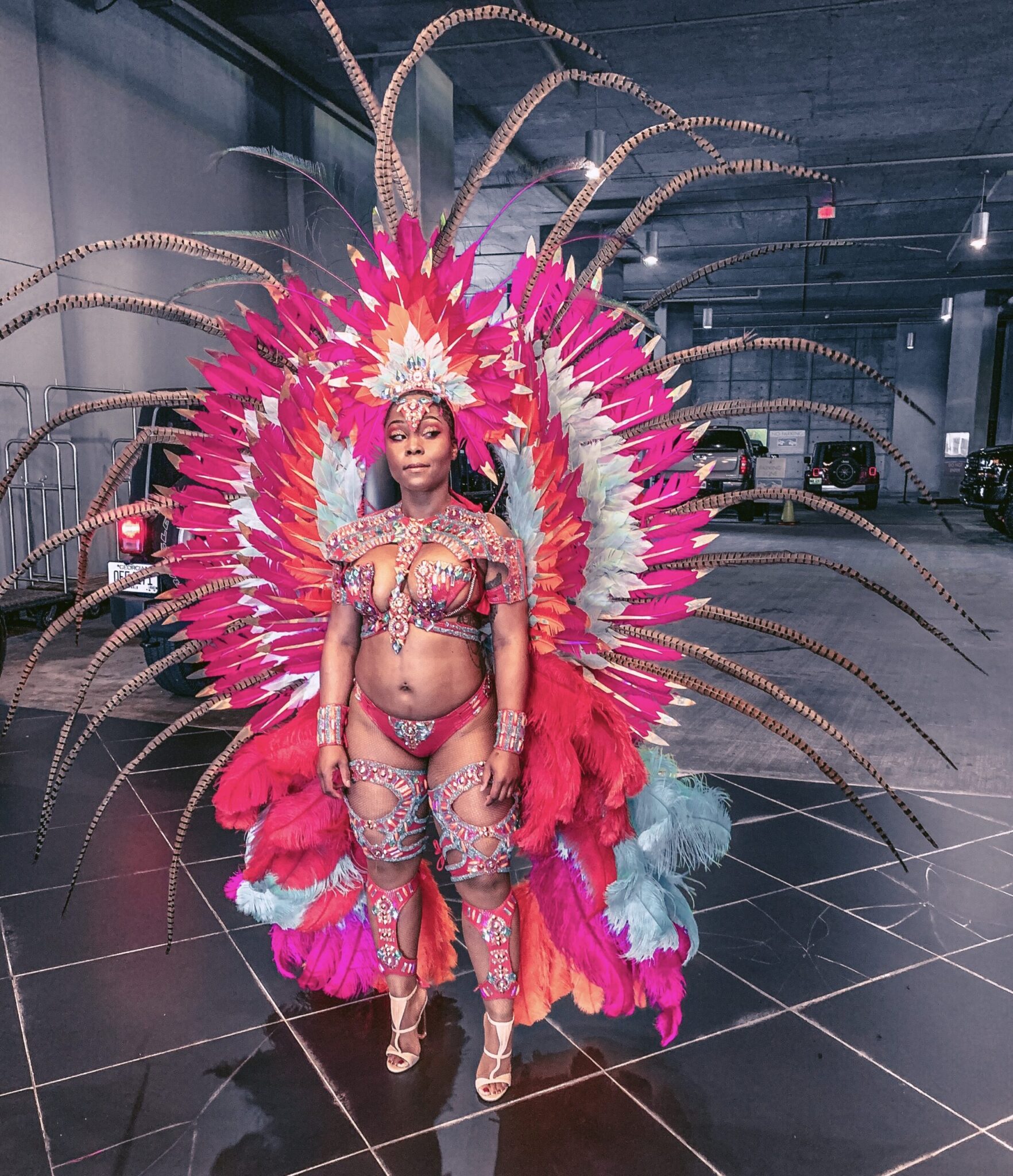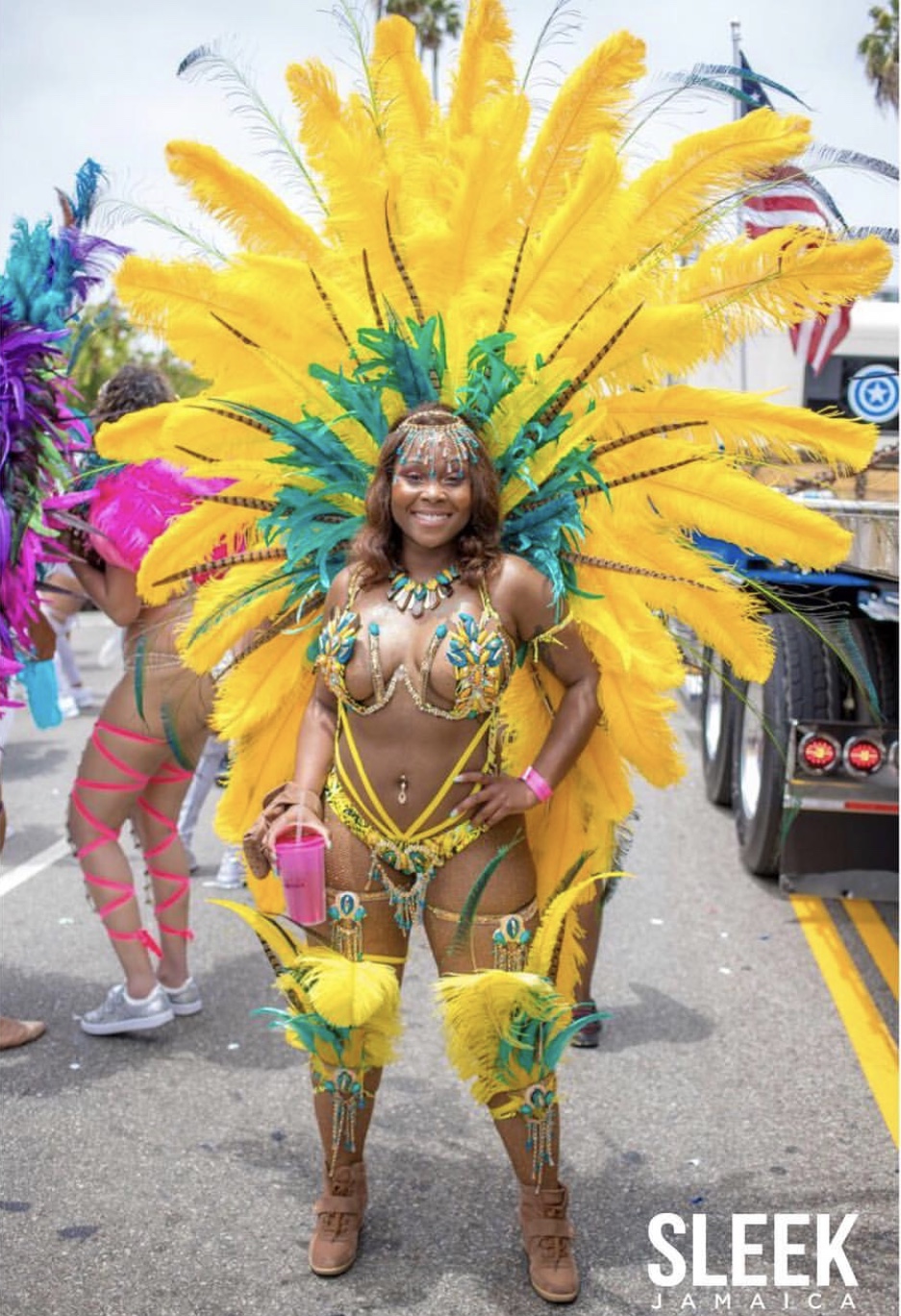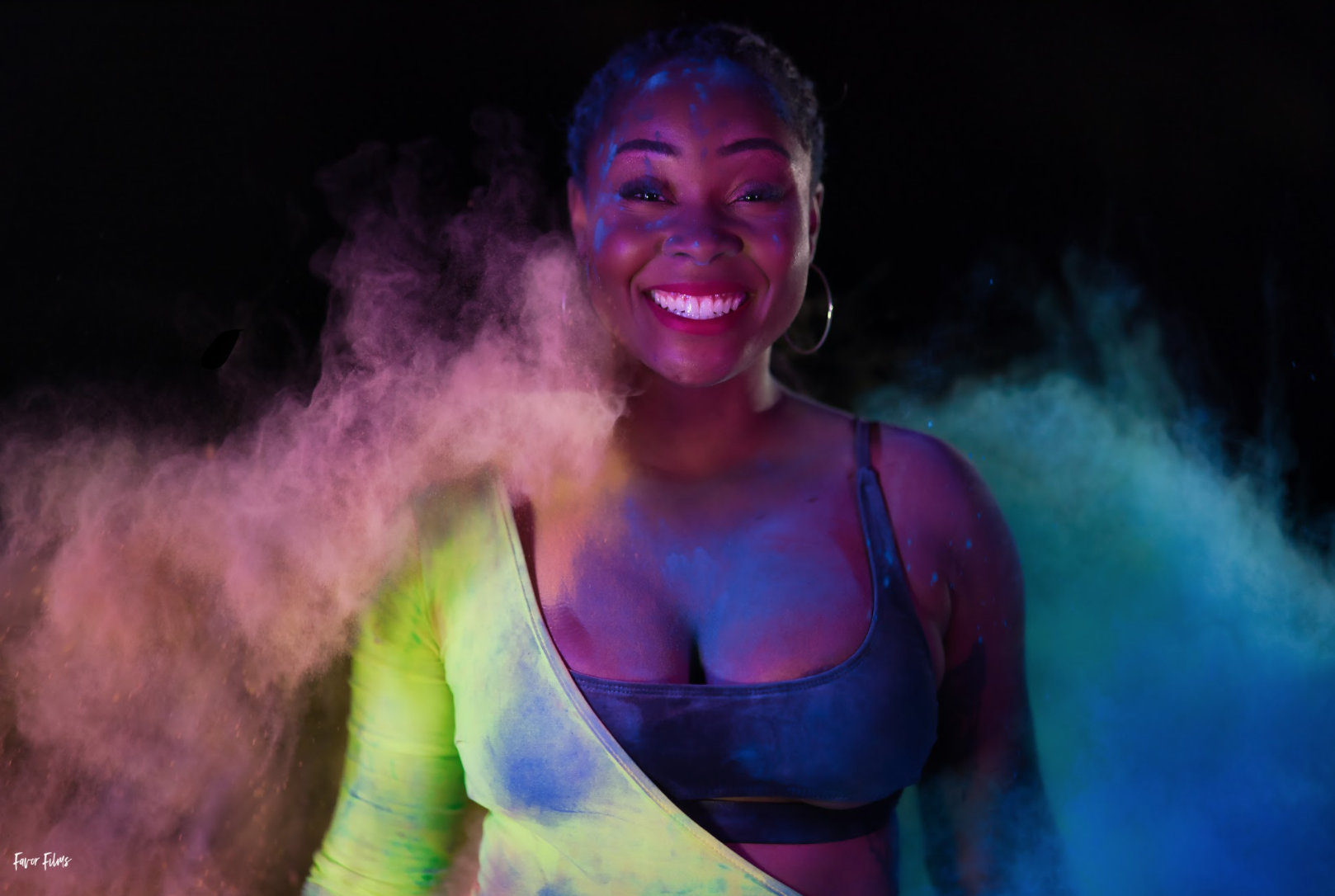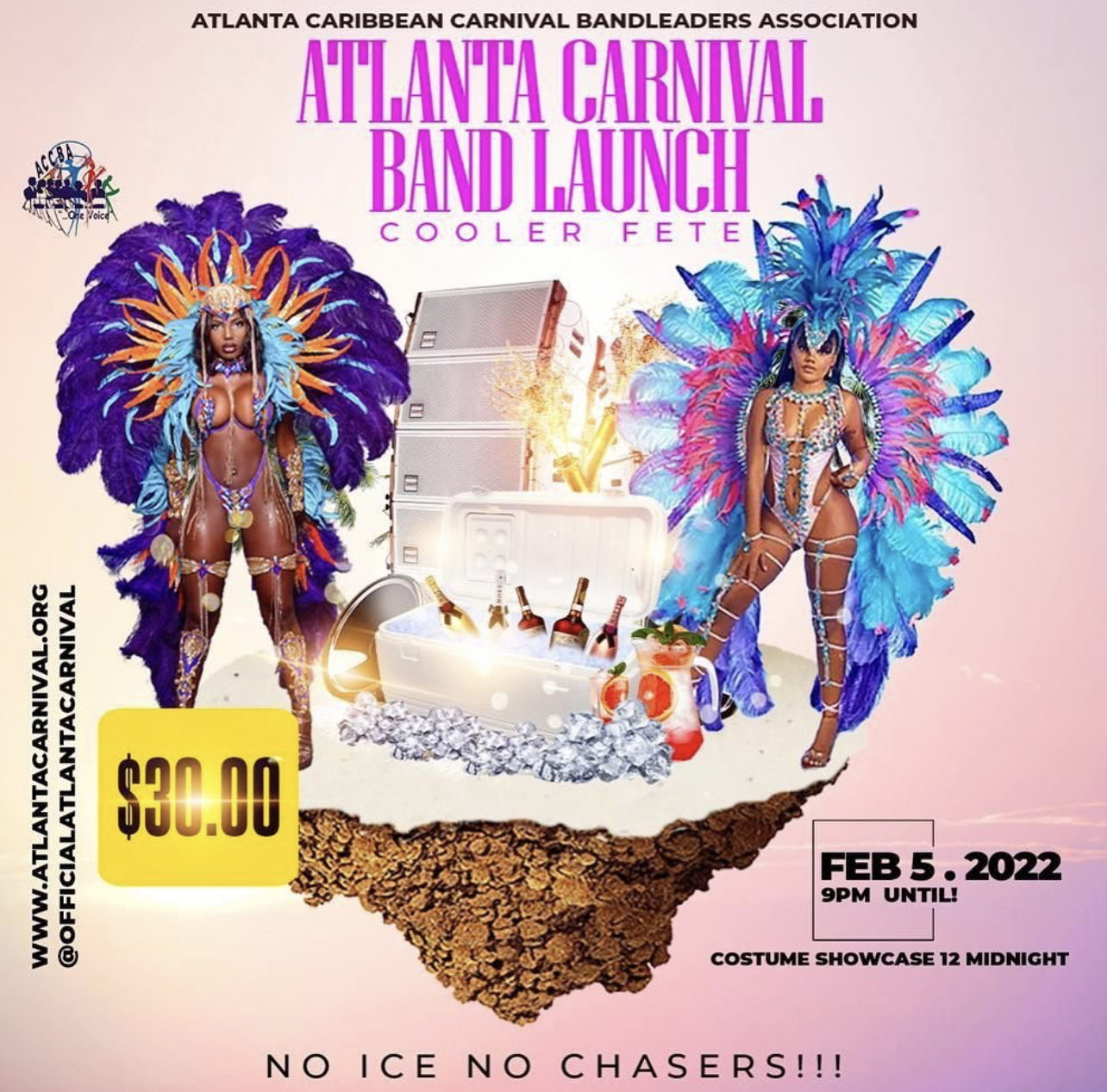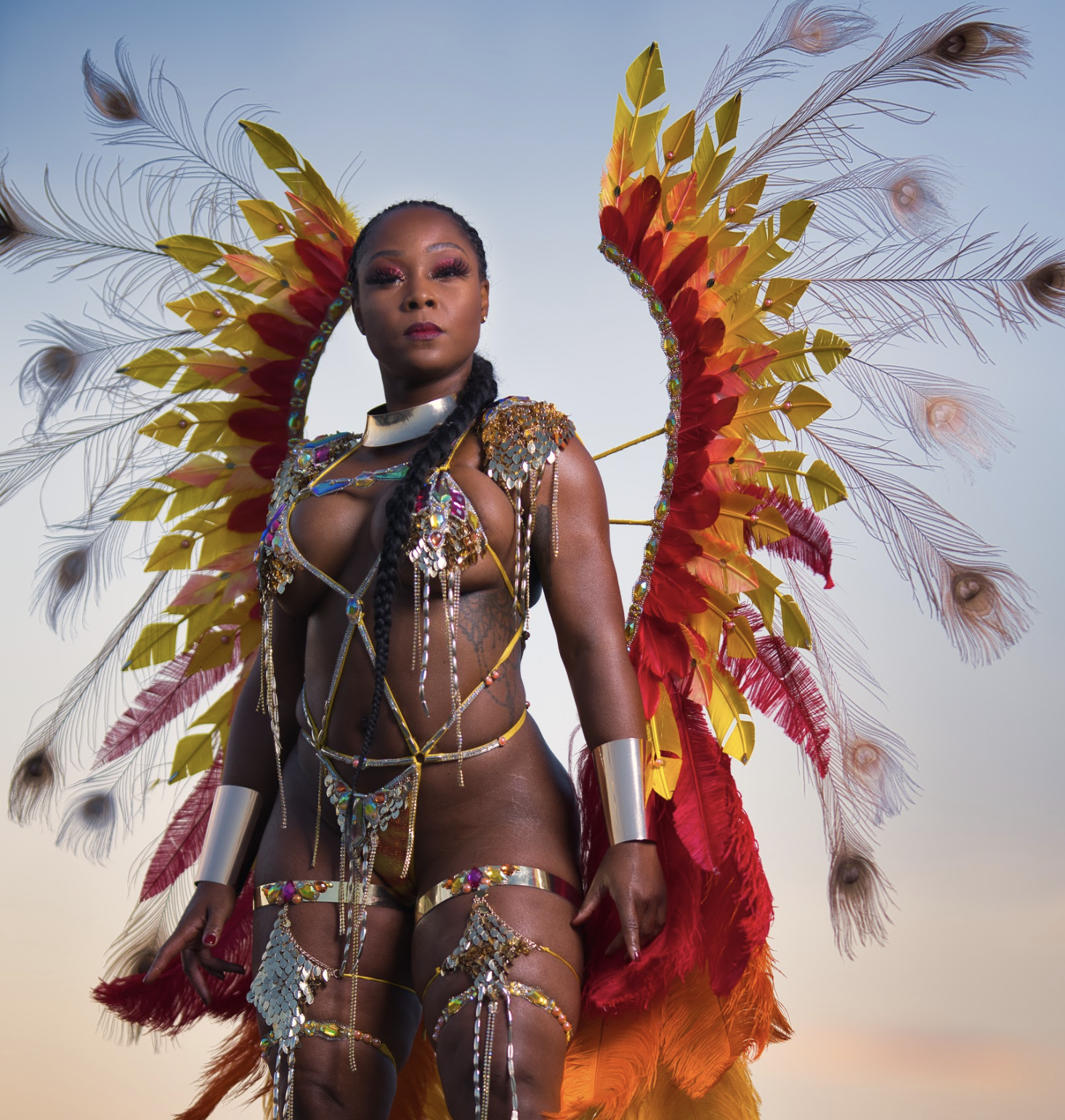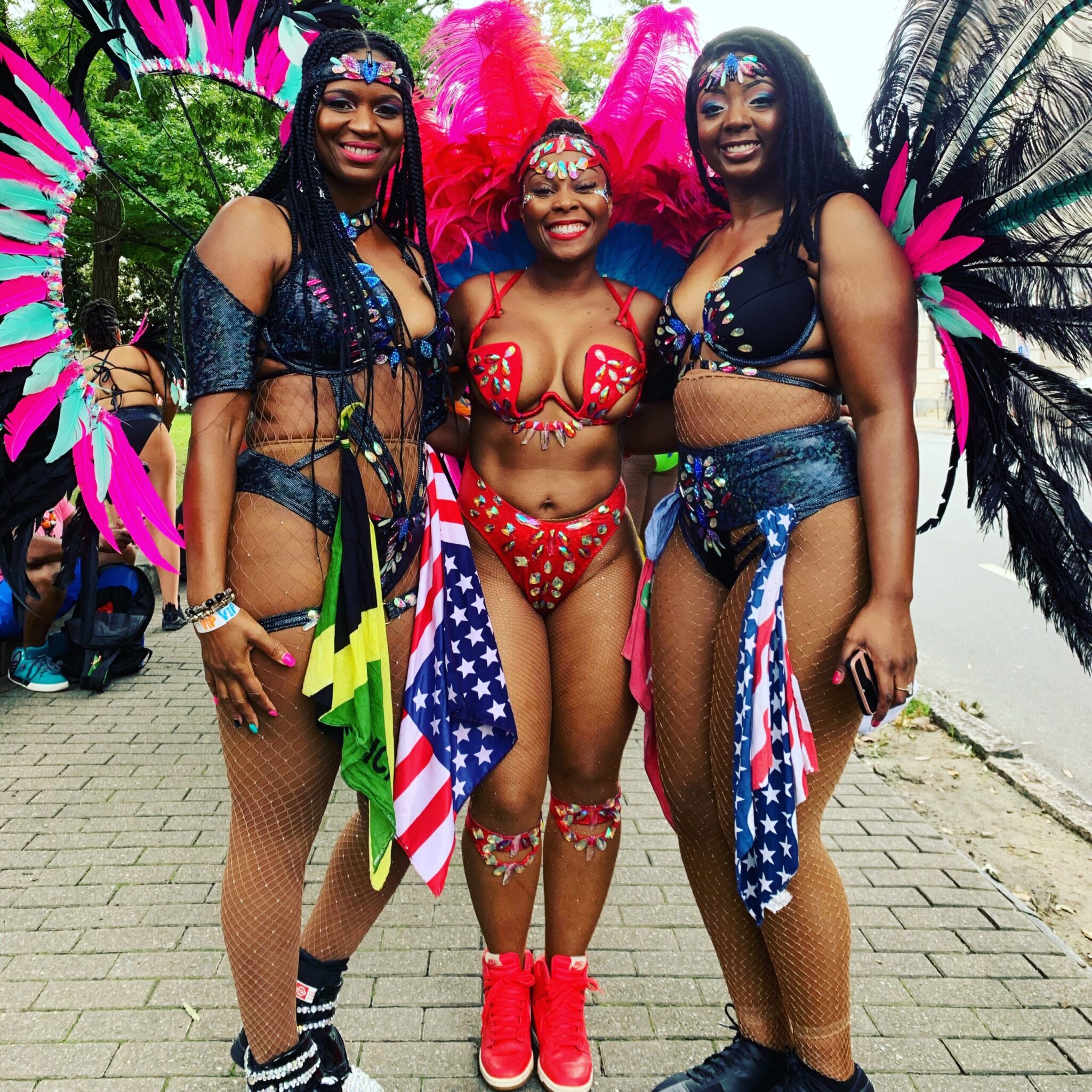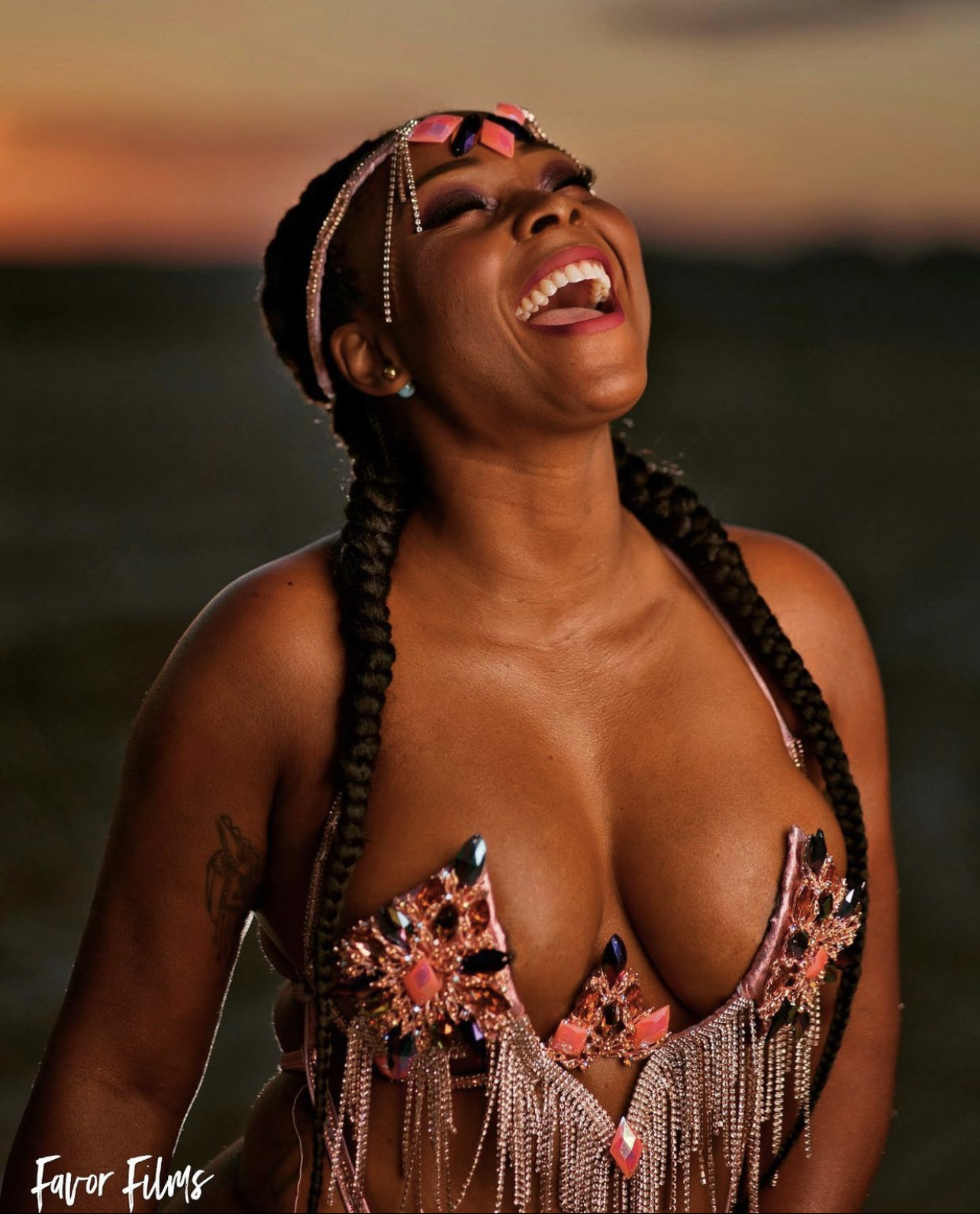A beautiful culture and the reality of consumerism.
Soca and carnival blended together produce one of the most beautiful and euphoric experiences that simply cannot be put into words. It has to ability to unify people, and LITERALLY change someone’s life (as it did mine). Over the years there has been a lot of discussion about “culture vultures” and how to preserve the integrity of the culture while sharing it with the world. Amongst these discussions I have bore witness to several attitudes that I personally feel contribute to the misappropriation of Caribbean Carnival. I don’t believe that any person intentionally chooses to dilute the cultural experience, and I will also admit that I am also guilty of at least one of these. Please do not take what I have to say as judgement toward anyone, but afford yourself the opportunity to think critically on how your attitudes/perceptions about Caribbean carnival may be contributing to cultural dilution.
#1: We're all Black.
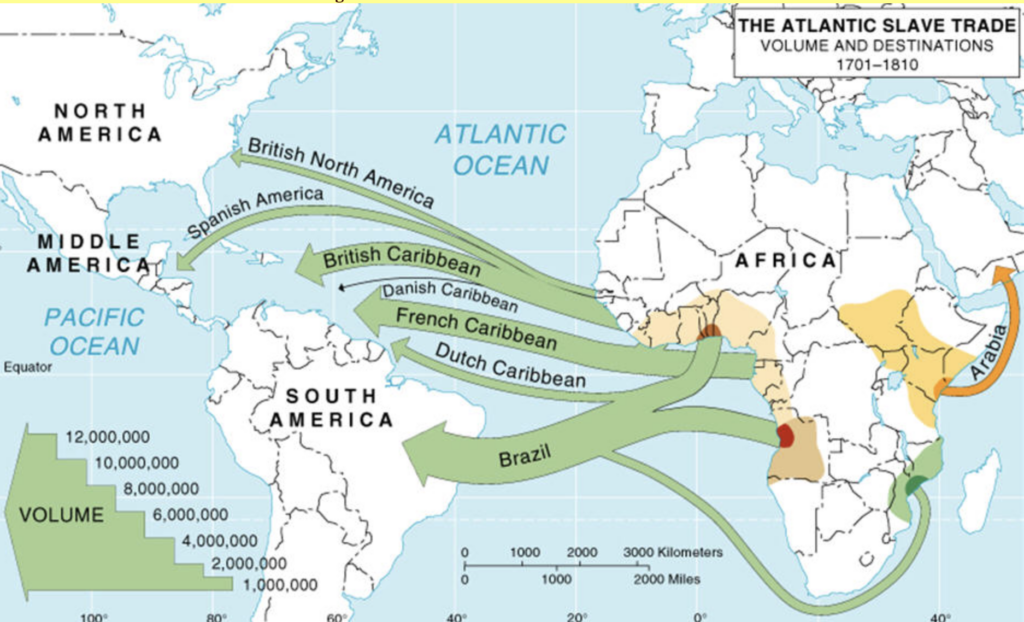
This is a common statement that I have read through social media discussions. The history books show that we pretty much all come from the same continent, but let’s bear in mind that this is not a discussion of CULTURE, not origin. Because we all come from different cultures and sub-sets of such, we can all agree that we were brought up completely differently from one another. With our different cultures comes with unique struggles and experiences that we may or may not be able to relate to. I do believe the statement that “we’re all black” can demonstrate defensiveness (for some) and an unwillingness to have meaningful and sometimes uncomfortable discussions about the common things we share and the things that we don’t. Insisting to engage in a culture that is foreign to you while palancing under the excuse of worldwide blackness takes attention away from the true meaning of its customs, and is an example as to how cultural practices can be forgotten.
#2: It’s just a flag.
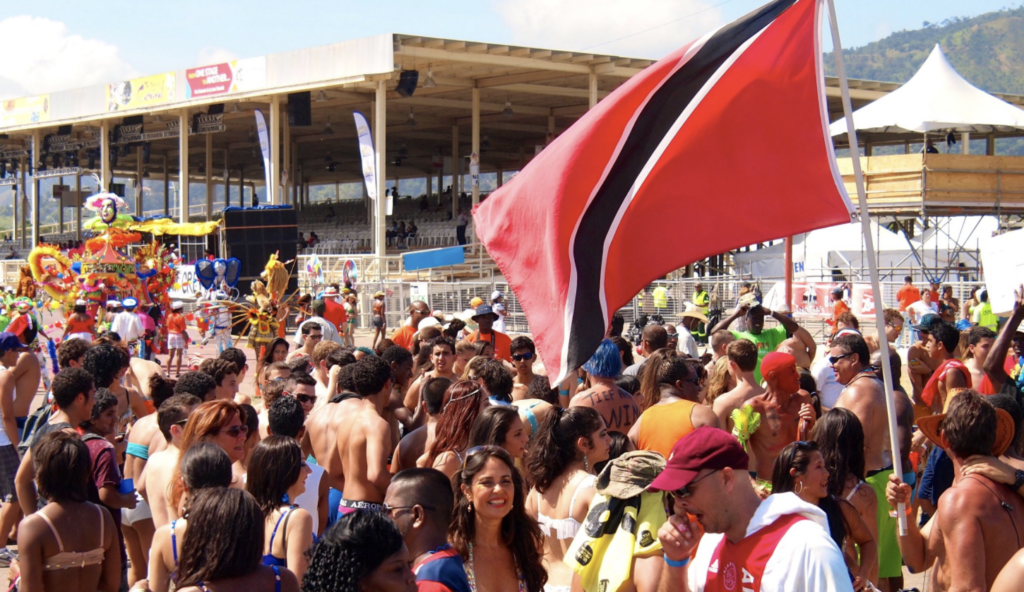
AWM exists to not only spread understanding about the Caribbean carnival culture, but to also let people from all walks of life know that it is indeed okay to come as you are and wave your own flag. There are a lot of reasons why people wave flags that are not their own. Some of these reasons include the desire to represent friends and loved ones. I don’t think any person would have objections to that, but there are some people that feel they should be able to pick an island country flag to wave for the sake of the experience. That is something I cannot agree with.
I can’t imagine what it is like to view someone take an island-country flag to wave at a fete or carnival to only throw it in the trash when it is all said and done. “They want our culture, but not our struggle” is what comes to mind when I see this. A “piece of cloth” belonging to an island-country resembles more than just colors, rather its rich culture, the beautiful, and not-so-beautiful things embodying. So whenever you choose to carry a flag that is not your own, I hope you have a genuine discussion with yourself as to why you are doing and what that means when you choose to do so.
#3: It’s just something fun to do.
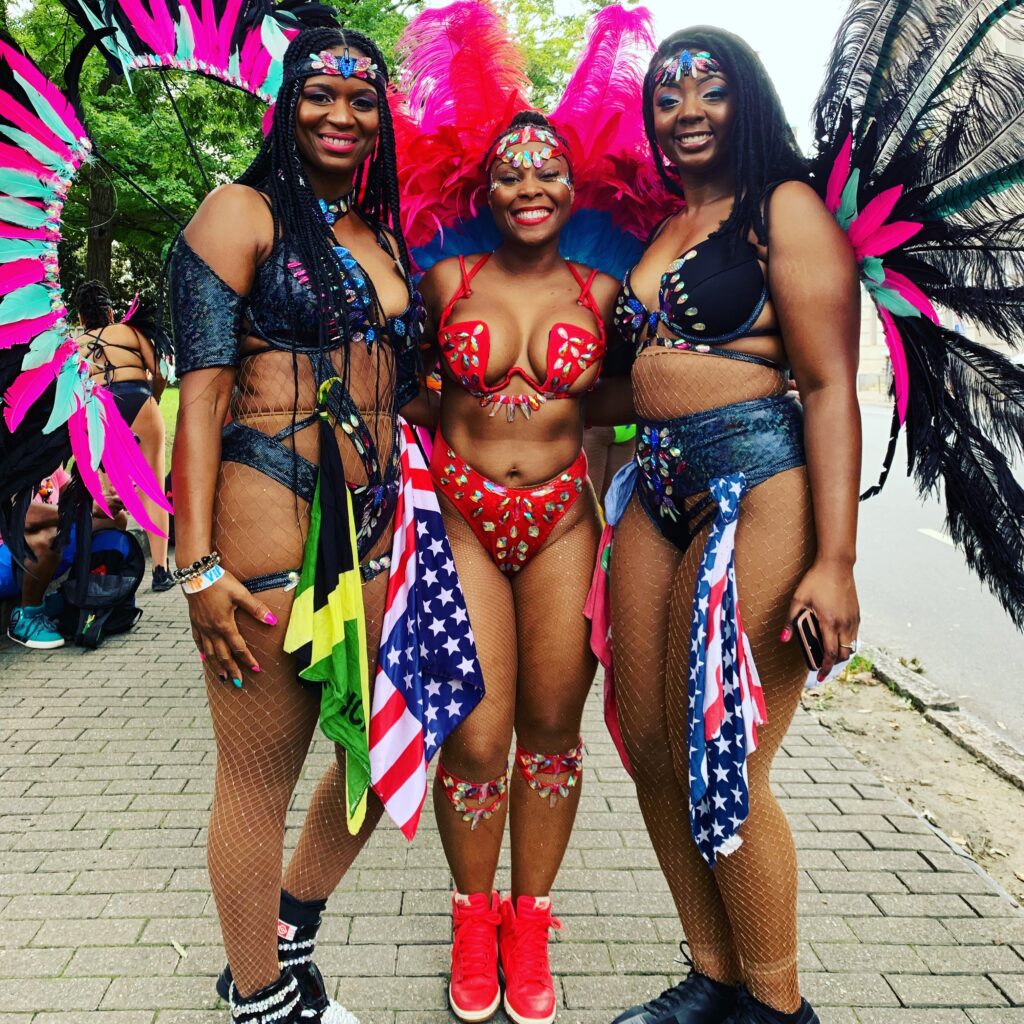
I was guilty of this for the first two years of playing mas. No, I didn’t literally say this to someone, but I did generalize the experience as something fun to do, and not much else. It wasn’t until after my second jump in Atlanta that I stopped myself and asked if I even knew the rich history behind what I was doing. What also prompted me to rethink my participation in Caribbean Carnival was the lines of questioning that I received from friends and family that I could not clearly articulate an informational response. That bothered me… A LOT.
People outside looking in that know absolutely nothing about carnival see an overly sexualized experience and not much else. As a masquerader I felt a personal responsibility to know enough to educate those who asked to help propel a culture which I immersed myself in from time-to-time. When we engage in anything without understanding why it exists in the first place, we are unknowingly contributing to the misconceptions and commercialization of the culture.
#4: Do it for the ‘gram.
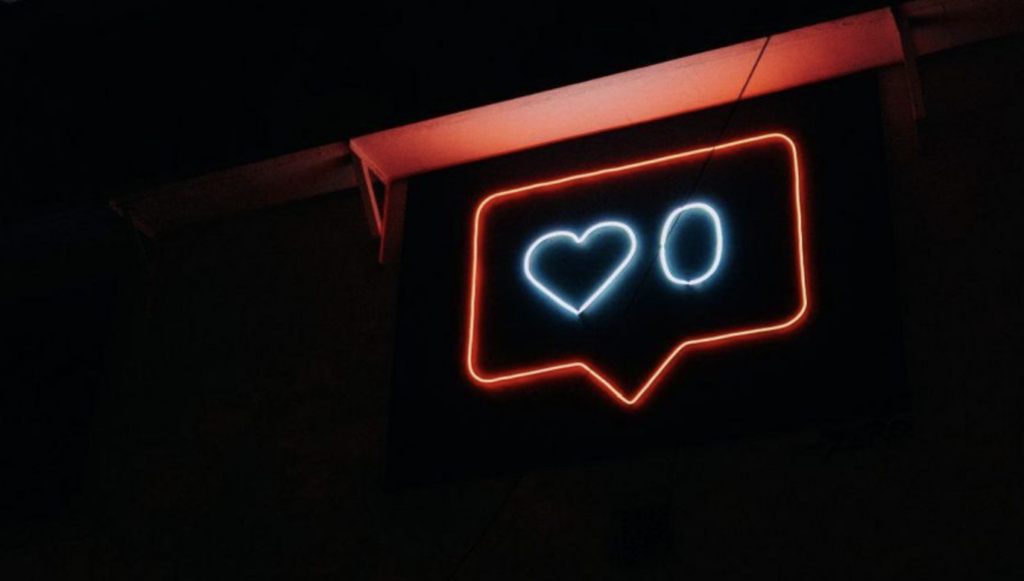
Seems like nowadays a lot of people will do almost anything for a like or for traction on social media. Carnival is a beautiful thing and deserves to be captured and shared. But I’m sure if you are reading this you already know of at least once person that takes interest in Carnival purely for the photos, or the opportunity to monetize or receive some kind of benefit. The desire to be seen or benefit clouds the cultural significance of Caribbean carnival and propagates the oversexualization and pure commercial consumption of the culture without giving enough energy to its preservation.
#5: I’ll never openly talk about playing mas.

I’m guilty. I’m SO guilty. When I first played mas, not understanding the cultural significance caused me to hide a little bit. I thought this experience as something fun and a bit sexy to do, and the “sexy” aspect created conflict with the construct of good order and discipline of my military service. I and had no idea how I was going to be able to live life as a masquerader and a commissioned officer at the same time. I treated Carnival as something I should only talk about during my down-time and as something I would not mention at work. I was afraid how people would perceive me professionally so I was an undercover masquerader for the first couple of years, only posting photos to social media without much context. Learning about the culture helped me deal with the masquerader life and allowed me to discuss the cultural experience openly, even in uniform, and with my leadership. Affording people the opportunity to ask questions that could be answered clearly did not necessarily change minds about the cultural activity, but it at least educated many people that had so many misconceptions.
Forward Thinking.
I do not believe cultural preservation and promotion should sit on the shoulders of a masquerader. I do also acknowledge how consumerism and commercialism drives the intentions of an industry. We all know THAT is one huge subject to unpack and to be frankly honest with you, I don’t think I have the scope to even speculate on that further. But from the view that I feel comfortable speaking on, I do truly believe that there are ways we should respectfully enjoy and help scaffold the advancement of a culture that is not our own, especially when we enjoy it as much as we do.
